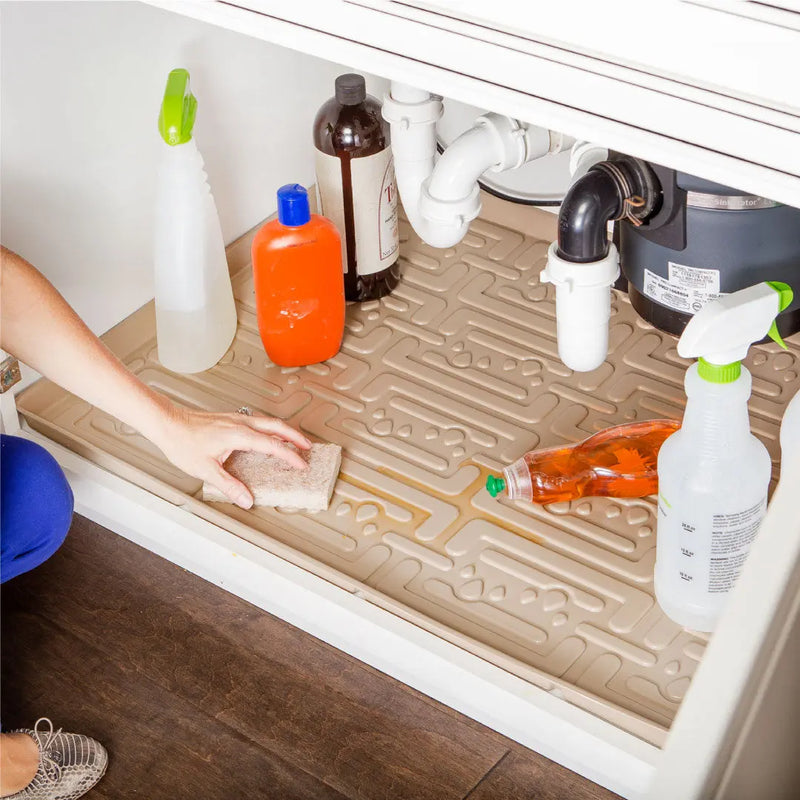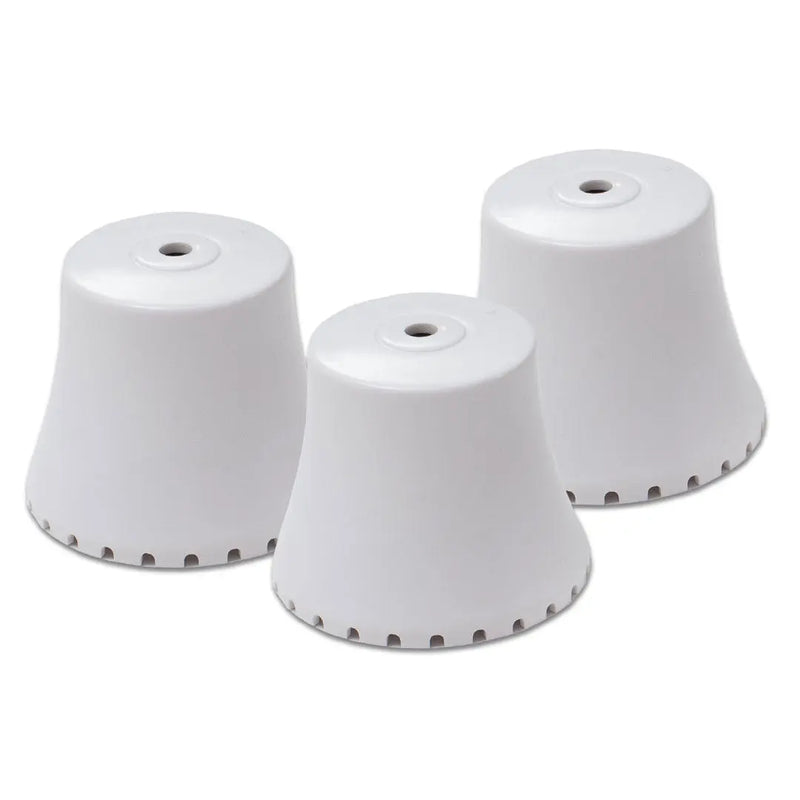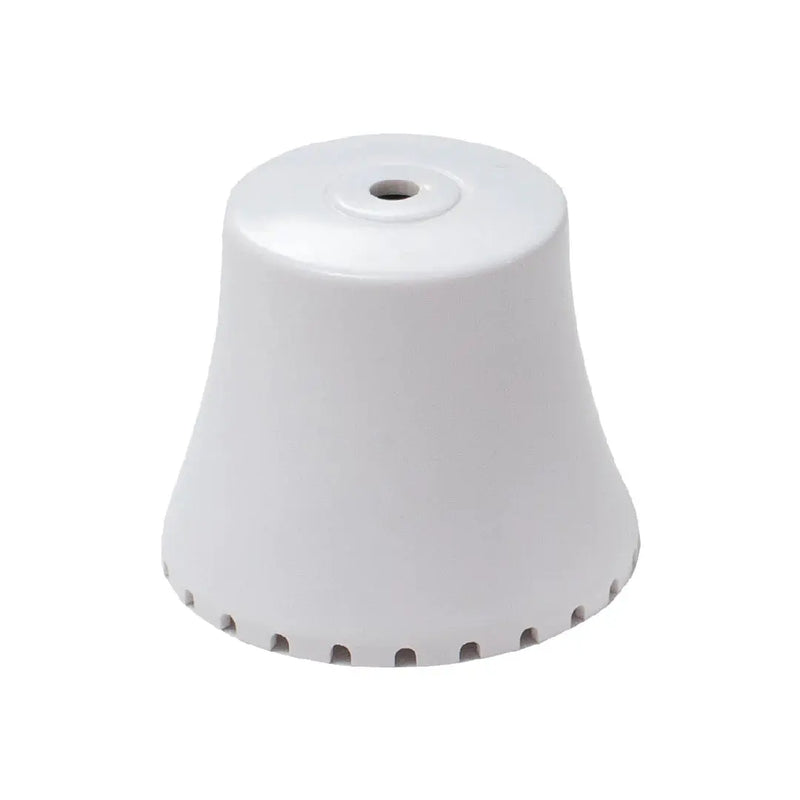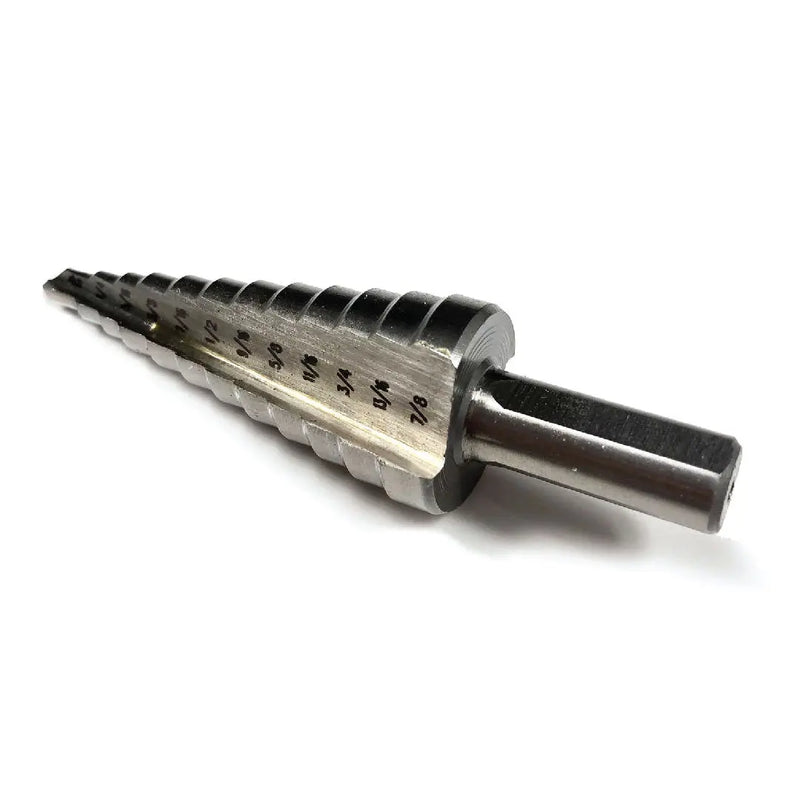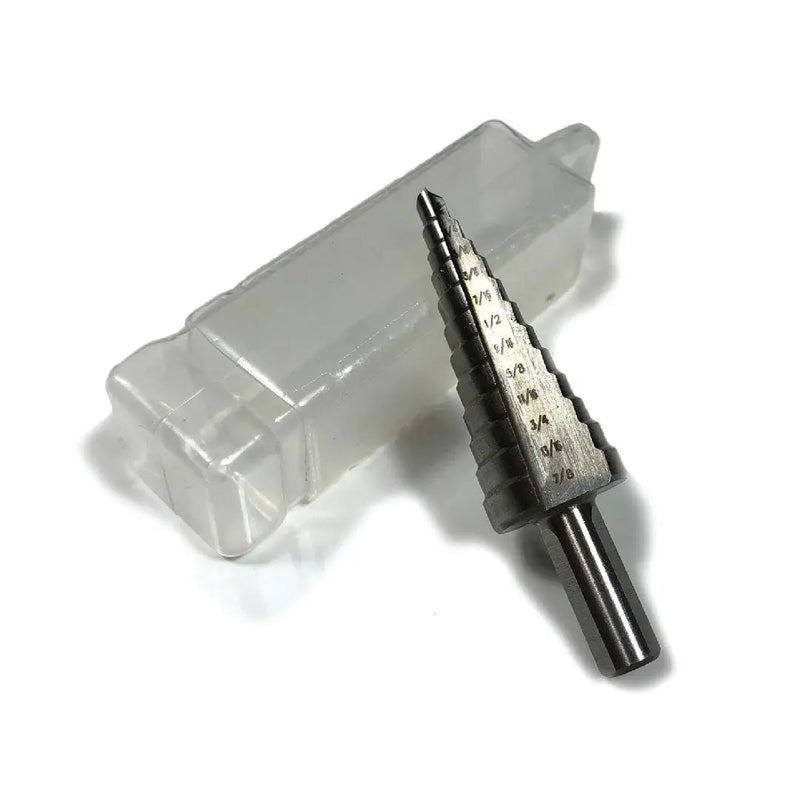Dealing with Water Damage: Expert Tips and Solutions
October 17 2022 – Nelson Agredo
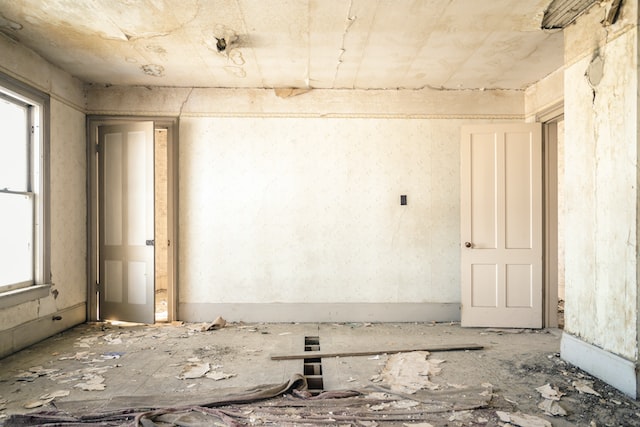
Water damage is something every homeowner wants to avoid. It can lead to an unsafe living environment and the need for costly repairs. These solutions and tips from our experts can help you before, during, and after significant water damage affect your home.
What are the common causes of property water damage?
What are the most important steps for early leak detection at home?
What are the best methods and products to kill mold?
The best method for killing mold is the tried and true process that the pros in our industry have been doing for decades and can be summarized as “bulk removal, detailed cleaning, and fixing the source of the moisture that caused the mold problem in the first place.” Bulk removal means carefully removing any mold-impacted building materials that can easily be replaced such as drywall, baseboards, insulation, etc. Cleaning these items is not worth the trouble – best to carefully remove and replace with new. Then on to detailed cleaning, which usually involves HEPA vacuuming and treating with a mold-cleaning agent. Finally, you’ll want to identify and fix the source of the moisture that caused the mold problem in the first place so that the mold doesn’t come back in the future. Of course, you’ll want to do all of this very carefully, with proper protective equipment, and in a contained environment so that the dust and mold spores don’t contaminate the rest of the house.
There are many, many, many products out there that can be used to kill and clean mold. There are stain removers that usually have chlorine bleach as an ingredient, so you have to be very careful when using these. Stain removers work well to restore surfaces to their original appearance. Our favorite of these are RMR-86 (very strong) and Clorox Clean Up (not so strong but works fine). There are mold killers called “quats” that kill mold but don’t remove stains. Our favorite of these is Shockwave. And, the recent trend we’ve seen in our industry are “green” cleaning agents that don’t have harsh chemicals. Our favorite of these is called Decon30 Botanical. It will kill mold, but won’t remove stains. Always be careful and always read the instructions on the labels.
-Greg Bukowski from Moldman
What are the most common types of molds in the house?
There are many types of mold that can be found in homes. Mold serves a vital purpose in nature, which is to decompose old and dead materials. Without mold in nature there would be a ton of dead trees and materials lying around that would just pile up. With that being said though, we don’t want it in our homes, as it will not only destroy the structural integrity of the home, but also create health related issues in our lungs.
The 4 most common are: penicillium/aspergillus, cladosporium, chaetomium, stachybotrys (aka Black Mold). All of these are known to be Allergenic or Pathogenic molds. Molds which produce allergy like symptoms or induce actual illnesses.
To completely handle a moldy situation, seek professional help as they have equipment that will fully handle the situation and have the experience to fully handle it.
-Jonathan Vick from Mold Zero
Best tips on preventing mold growth in your house?
The most important factor to consider for mold prevention in your home is reducing condensation and moisture buildup in areas most susceptible to mold. There are two direct ways to reduce condensation: air conditioning and utilizing specific building materials. Air conditioning will control the temperature, regulate moisture content in the air, and provide adequate, healthy airflow. Homeowners can also opt to use fixtures, such as outdoor faucets, composed of stainless steel, which is less conductive than brass and can maintain temperatures that help prevent both moisture buildup and freezing pipes.
-Elizabeth Schneider from Aquor Water Systems
How can you prevent water damage in the attic?
Preventing water damage in the attic starts with regular inspections. At least once a year, grab a flashlight and look for water stains or black marks around the chimney, ventilation pipes, structural joists, and wet insulation.
Another concern is inadequate ventilation. Mold and mildew formation is a telltale sign that your attic is too humid and may need additional ventilation to move hot and humid air out of your home.
-Sarah Kessler from FEAZEL
What is the best way to remove humidity in the kitchen?
Install an effective and properly ducted kitchen range hood to the outside of the home. Make sure to turn on the hood 5 – 10 minutes before cooking to create a draft into the hood.
-Matt Avery from FABER
How do damp buildings impact your health?
Damp conditions in residential or commercial environments can lead to the growth of mold and mildew in flooring, ceiling tiles, sheetrock, and the insulation within. Left unabated, mold will continue to spread to surrounding materials and even into the airstream of HVAC ductwork and air handlers. This is bad news for occupants, because mold is a common allergen that can cause some general discomfort, but according to the CDC, mold exposure can pose more serious health risks to people with asthma, immune suppression, or underlying lung disease.
Why is it important to waterproof your basement?
After the roof, your basement is the most likely source of water infiltration into your home. The troubling part is water entering your basement can go unnoticed for a long time, causing significant mold, rot, and foundation damage. The top signs of basement water damage include humid air, a musty smell, white powder (called efflorescence) and foundation stains around basement windows.
Taking preventative steps to waterproof your basement on an annual basis can stop damage before it starts. Otherwise, homeowners can face expensive reactive methods, including exterior foundation excavation.
-Allan Kerr from Renco
Why is it important to repair leaking appliances as soon as possible and which appliances are most likely to leak and cause water damage?
Water leakage can result in damage to the floors and walls of your property. Under certain circumstances, moisture in the walls and floors may cause mold growth, putting your family at risk for health issues. The cost of restoration associated with damage or mold remediation from a leak is generally significantly more than fixing the root cause. The longer a known leak lingers, the more costly it becomes for restoration, and other parts of the appliance are at risk of damage due to the leak.
Any appliance that uses water as a source to operate or whose primary responsibility is to cool or freeze can develop leaks. Specifically, water leaks are most common in clothes washers, dishwashers, freezers, and refrigerators. Refrigerators and freezers work harder during the hotter months, which can lead to excess moisture and leakage. Any water on or around your appliances should be investigated by a professional.
-Joe Shrem from Select Home Warranty


